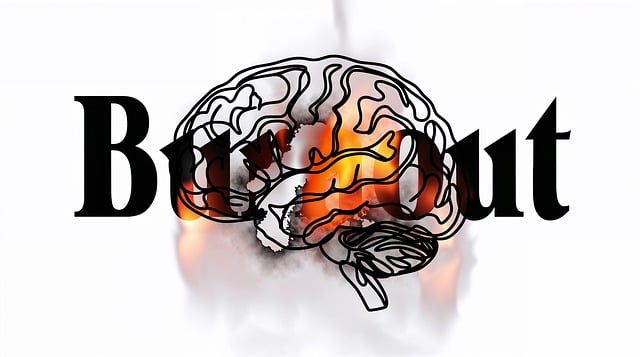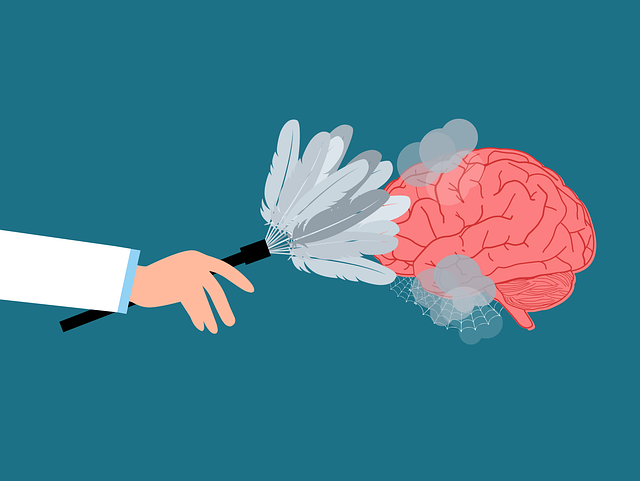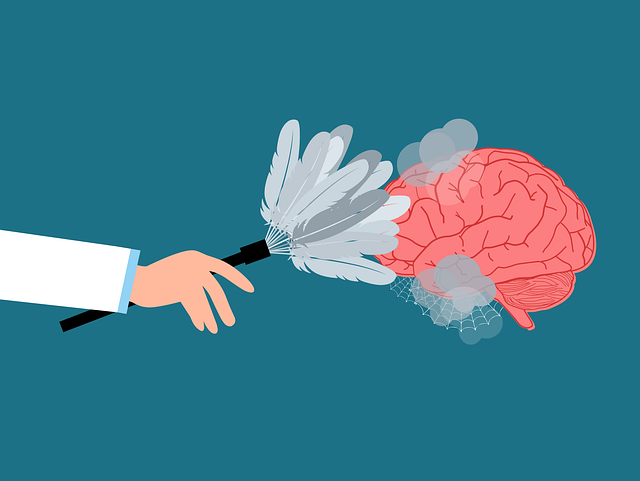Denver offers comprehensive support for individuals with Attention Deficit Disorder (ADD) or Attention Deficit Hyperactivity Disorder (ADHD), integrating evaluation, therapy, and mood management. Early identification through specialized evaluations enables tailored interventions like behavior therapy and cognitive training to improve emotional well-being. Crisis intervention combines these approaches with trauma support services, fostering resilience. Local support groups and community centers enhance coping mechanisms, while healthcare providers can integrate burnout prevention strategies for a holistic, supportive network. Long-term stability is achieved through personalized treatment plans focusing on emotional intelligence and symptom management.
“In times of crisis, effective intervention strategies are vital for guiding individuals towards stability and recovery. This article offers a comprehensive guide, drawing from the Denver perspective on crisis intervention. We explore key aspects such as identifying ADD/ADHD in youth through early signs and evaluations, evidence-based therapy approaches, community network building, and long-term strategies for sustained growth. For parents and professionals, these insights, including Denver’s unique approach to ADD-ADHD evaluations and therapy, provide valuable tools to navigate and support individuals during challenging times.”
- Understanding Crisis Intervention: A Denver Perspective
- Identifying ADD/ADHD in Youth: Early Signs and Evaluations
- Therapy Approaches for Effective Crisis Management
- Building a Supportive Network in the Community
- Long-term Strategies for Sustaining Stability and Growth
Understanding Crisis Intervention: A Denver Perspective

In Denver, crisis intervention strategies are tailored to meet the unique needs of individuals struggling with various challenges, including those diagnosed with Attention Deficit Disorder (ADD) or Attention Deficit Hyperactivity Disorder (ADHD). The city’s perspective on crisis intervention emphasizes a holistic approach that integrates evaluation, therapy, and mood management techniques. Denver ADD-ADHD evaluations play a crucial role in identifying the specific triggers and underlying causes of crises, enabling tailored interventions.
Crisis intervention guidance in Denver focuses not only on acute incident resolution but also on fostering long-term resilience. Trauma support services are readily available, recognizing that many individuals facing crises have experienced past traumas. By combining these services with evidence-based therapy, Denver aims to empower individuals to effectively manage their moods and navigate future challenges, ensuring a more stable and fulfilling life for all residents.
Identifying ADD/ADHD in Youth: Early Signs and Evaluations

In today’s fast-paced world, identifying and addressing Attention Deficit Disorder (ADD) or Attention Deficit Hyperactivity Disorder (ADHD) in youth early on is more crucial than ever. The symptoms of ADD/ADHD can sometimes blend in with typical childhood behaviors, making it essential for parents, caregivers, and educators to be vigilant. Common early signs include difficulty focusing, impulsive actions, restlessness, and hyperactivity. These symptoms may manifest differently in various settings, such as at home, school, or during social interactions. If these behaviors persist and significantly impact a child’s daily functioning, it might be time for professional assessment.
Denver ADD-ADHD evaluations therapy can play a pivotal role in uncovering the presence of these disorders. Comprehensive assessments conducted by specialized professionals involve detailed interviews, observations, and standardized tests to gather an accurate picture. This process helps differentiate between ADD/ADHD and other potential causes of behavioral challenges. Once diagnosed, tailored interventions like behavior therapy, cognitive training, and stress reduction methods can significantly enhance emotional well-being promotion techniques and improve overall emotional intelligence in young individuals.
Therapy Approaches for Effective Crisis Management

In times of crisis, various therapy approaches can be instrumental in effective management. One such approach, recognized globally and tailored to individual needs, is Denver ADD-ADHD Evaluations Therapy. This method involves a comprehensive assessment and personalized treatment plans to address underlying conditions that often contribute to crises. By focusing on Attention Deficit Disorder (ADD) or Attention Deficit Hyperactivity Disorder (ADHD), therapists help individuals develop coping strategies, improve focus, and enhance decision-making skills, thereby reducing the frequency and intensity of crises.
Additionally, Trauma Support Services play a pivotal role in crisis intervention. Trained healthcare providers offer specialized care, recognizing that many individuals facing crises may have experienced traumatic events. Integrating cultural competency training into these services ensures that every patient receives respectful, sensitive, and effective care. Crisis Intervention Guidance, when combined with these therapeutic approaches, provides a holistic framework to support individuals, enabling them to navigate challenging situations and foster resilience.
Building a Supportive Network in the Community

In the vibrant community of Denver, building a supportive network is essential to crisis intervention strategies. Local support groups and community centers play a crucial role in fostering connections and providing resources for those facing challenges, especially individuals with Attention Deficit Disorder (ADD) or Attention-Deficit/Hyperactivity Disorder (ADHD). These spaces offer a sense of belonging, where individuals can share experiences, gain insights, and access specialized services like Denver ADD-ADHD evaluations and therapy. By strengthening community ties, residents can enhance their coping mechanisms and build resilience against life’s crises.
Moreover, healthcare providers in Denver can contribute to this supportive network by integrating burnout prevention strategies into their practices. Promoting self-care, encouraging regular breaks, and providing access to mood management resources are effective ways to boost confidence and prevent professional burnout. This holistic approach ensures that both the community and healthcare professionals have the tools necessary to navigate crises, fostering a healthier and more resilient Denver environment.
Long-term Strategies for Sustaining Stability and Growth

In the long term, fostering stability and growth requires a multifaceted approach that goes beyond immediate crisis intervention. Denver ADD-ADHD evaluations and therapy play a pivotal role in this process by addressing underlying conditions that can contribute to crises. By providing specialized assessments and tailored treatment plans, these services empower individuals to manage their symptoms effectively. This includes teaching essential empathy building strategies and promoting self-awareness through mental wellness journaling exercises.
Integrating emotional intelligence into daily life is another crucial strategy. Developing strong emotional regulation skills helps individuals navigate challenging situations with more resilience and less reactivity. Through sustained therapy and practice, individuals can cultivate a deeper understanding of their emotions, leading to improved decision-making and stronger relationships. This holistic approach ensures that the benefits of crisis intervention extend far beyond the immediate resolution, fostering lasting stability and personal growth.
Crisis intervention is a multifaceted approach that requires a holistic understanding of individual needs, especially in communities like Denver. By combining strategies from therapy, community support, and long-term planning, we can effectively manage crises and foster stability for those facing challenges, particularly youth with ADD/ADHD. Denver’s perspective on crisis intervention highlights the importance of early evaluations and tailored therapy, ensuring that individuals receive the appropriate guidance and resources to navigate and overcome their struggles. This comprehensive approach, including Denver ADD-ADHD evaluations and therapy, is key to creating a supportive network that promotes long-term growth and resilience.














